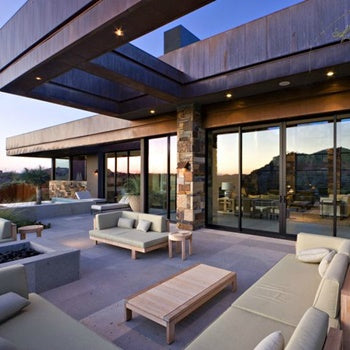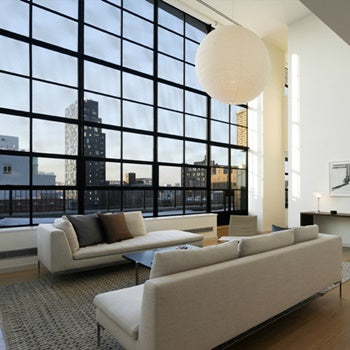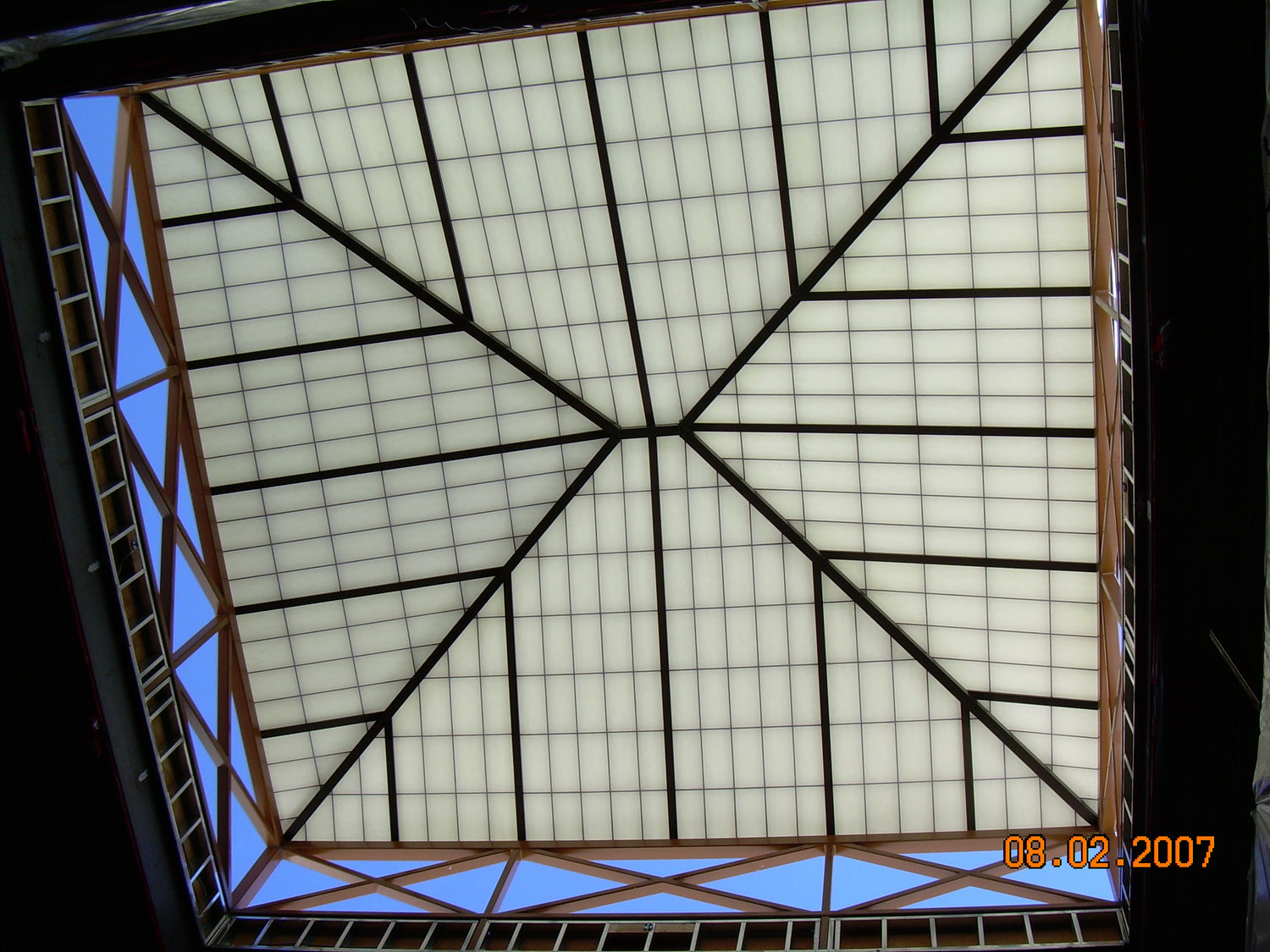Glass glazing is a fundamental aspect of modern architecture and interior design, offering both functionality and aesthetic appeal. In this comprehensive guide, we delve into what glass glazing is, its various types, applications, and benefits.
What is Glass Glazing?
Glass glazing refers to the process of installing glass panels or sheets into frames to create windows, doors, partitions, and other architectural elements. It involves the use of specialized techniques to enhance the glass's strength, durability, and thermal efficiency while maintaining transparency.
Types of Glass Glazing:
1. Single Glazing: Consists of a single pane of glass. While cost-effective, it offers minimal insulation and is prone to heat loss.
2. Double Glazing: Comprises two glass panes separated by a spacer filled with inert gas, providing improved insulation and noise reduction.
3. Triple Glazing: Features three glass panes with two insulating gaps, offering superior thermal performance and soundproofing.
4. Laminated Glass: Constructed by bonding multiple layers of glass with an interlayer of polyvinyl butyral (PVB) or ethylene-vinyl acetate (EVA) to enhance safety and security.
5. Low-E (Low-Emissivity) Glass: Coated with a thin metallic layer to reduce heat transfer, UV radiation, and glare while allowing visible light transmission

Applications of Glass Glazing:
- Residential Buildings: Used for windows, doors, skylights, and glass partitions to enhance natural light, views, and energy efficiency.
- Commercial Spaces: Employed in office buildings, retail stores, and hotels for storefronts, curtain walls, and interior partitions to create a modern and inviting atmosphere.
- Industrial Facilities: Installed in warehouses, factories, and manufacturing plants for windows, skylights, and safety barriers to optimize natural light and promote worker productivity.
- Architectural Features: Utilized in modern architectural designs for facades, atriums, and glass bridges to achieve striking visual effects and seamless integration with the surrounding environment.
Benefits of Glass Glazing:
- Energy Efficiency: Enhances thermal insulation and reduces heating and cooling costs by minimizing heat transfer.
- Natural Light: Maximizes daylight penetration, reducing the need for artificial lighting and creating brighter and more inviting spaces.
- Sound Control: Improves acoustics by reducing external noise pollution, enhancing comfort and productivity.
- Safety and Security: Provides protection against breakage, impact, and forced entry, safeguarding occupants and valuables.
- Aesthetics: Adds a modern and sophisticated touch to any space, enhancing its visual appeal and resale value.
Glass glazing is a versatile and indispensable element in modern construction and design, offering a wide range of benefits across residential, commercial, and industrial applications. Whether used for energy efficiency, aesthetics, or safety, incorporating glass glazing into your home or business can transform spaces into functional, comfortable, and visually stunning environments.



